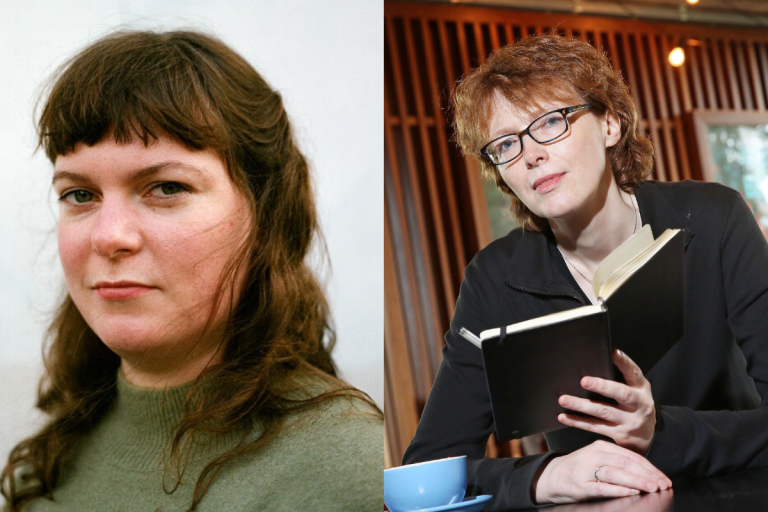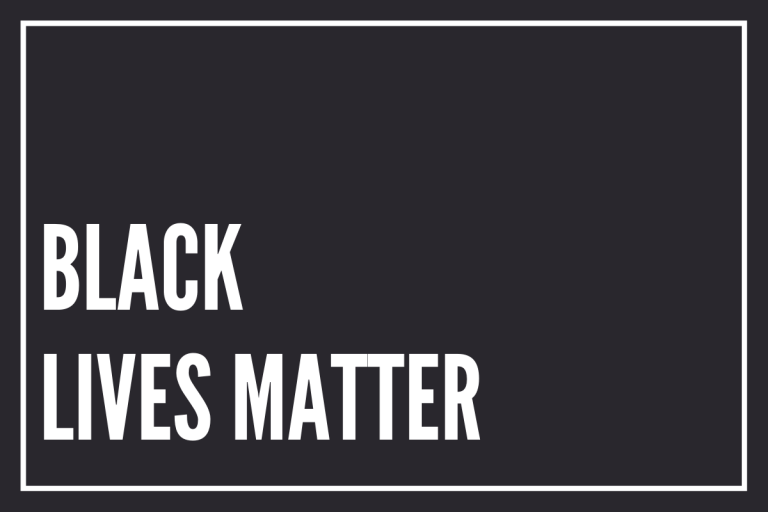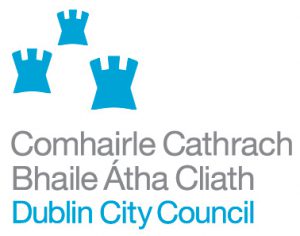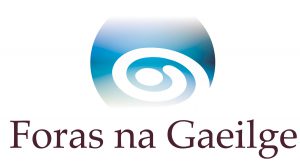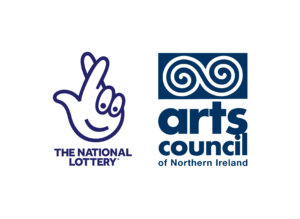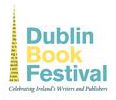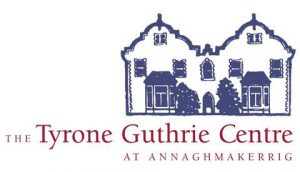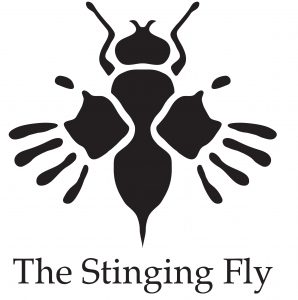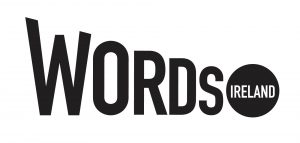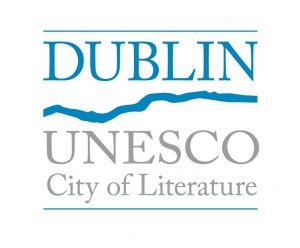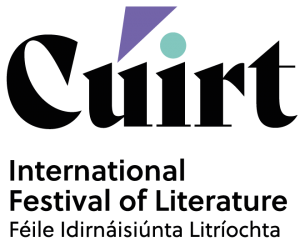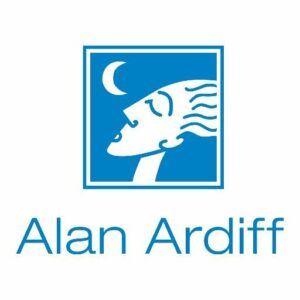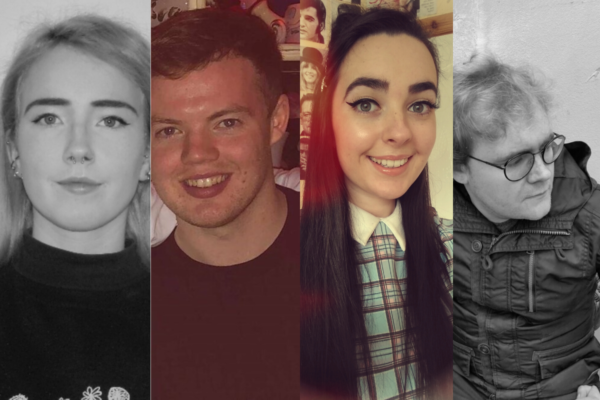
01 May, 2020
Reflections on a Digital Festival – Young Writer Delegates at Cúirt 2020

Last weekend, book lovers across the country tuned in to the world’s first online literary festival. Cúirt‘s digital programme filled the space that had been left missing in many of our literary calendars since social distancing measures were put in place. It encouraged a sense of community among audiences and facilitated deeply engaging conversations among writers, at a time when their voices and insights have been most needed.
Among those in virtual attendance were our Young Writer Delegates, Tegan Forde, Martin Sykes, Niamh Elliott-Sherridan and Andrew Maguire. Here’s how they got on.

Tegan Forde – “Mothertongues” with Ciara Ní É, Ifor ap Glyn and Padraig MacAoidh
The first event of Cúirt 2020, “Mothertongues”, brought together three revered indigenous language writers from Ireland (Ciara Ní É), Scotland (Pàdraig MacAoidh), and Wales/London (Ifor ap Glyn). The diverse background of each of these writers, and their differing introduction to their mother tongues made for a fascinating discussion, moderated by the wonderful Lleucu Siencyn.
Ciara Ní É kickstarted the event with her unflinching, “no-words-minced” style of poetry, which addresses important, topical issues and national questions about the Irish language in present-day Ireland. The Partyline is a scathing but starkly honest looking glass, designed to reflect the ignorance, and disrespect of those who dismiss the culture and language which they do not understand, nor have any desire to understand. Black Sheep followed as an apt response to this ignorance which many Gaeilgeoirí will have, no doubt, encountered. Here, Ní É explores the national question of “Why?”. “Are you actually asking why I speak Irish, or why you don’t?” Ní É asks; A question which is no doubt still sinking into the minds of the formerly inquisitive.
Pàdraig MacAoidh followed these thought-provoking and stirring pieces with a deep dive into the idiosyncrasies of mother tongues, the remoteness of his homeplace, and the sheer complexity of childhood memories. Auto-complete is a fascinating, introspective exploration of the fear, envy and love which MacAoidh feels towards his fellow Celts’ mother tongues. The poem revels in the idiosyncrasies which distinguish the Irish, Scots Gaelic and Welsh languages from one another while also celebrating their bonds as Celtic mother tongues. “But all the same, I seem to want a messed-up tattoo of you” MacAoidh says, and after experiencing the poetic splendour of the Scots Gaelic and Welsh languages, I sure wouldn’t mind a “messed-up tattoo” of my own.
Ifor ap Glyn, closed the event with his evocative, and inspiring poetry which revels in the sense of community to be found within indigenous languages, and the hopeful future for mother tongues within the voices of children.The Welsh Language in London is a truly powerful piece on the strength to be found in national identity, and in particular, language, as we stray from home and navigate the turbulent world around us. “We are the unsilenced minorities… with our own brave new world in the making”, ap Glyn says; words that speak to the very core of my heart as a Gaeilgeoir who has travelled to far-flung lands with a profound awareness of my national identity and a deep sense of pride in the language that kept me company along the way. A beautiful and optimistic note to end the event on!
As a language lover, “Mothertongues” was a sheer triumph to witness and absorb. It was a thought-provoking and apt celebration of national identity, culture, and of one of humanity’s greatest wonders: Language. Our mother tongues have navigated a treacherous road to the 21st century, but they are flourishing once again as a changed species, with a future ahead that is brighter than ever before.

Martin Sykes – Poetry Podcast with Michael Gorman and Róisín Kelly
As a poetry enthusiast, I was really looking forward to this podcast. The event featured Róisín Kelly and Michael Gorman, who both read from their new poetry collections, ‘Mercy’ and ‘Fifty Poems’. I had my headphones on, and the laptop placed on the table with a cold beverage beside me. Having perched myself in a deck chair just outside the door, I spent the time listening to the conversation while in the sun, along with my dog and two cats, which provided a nice backdrop to the podcast.
Róisín Kelly had a relaxed and good-humoured approach, commenting that her parents were big readers and that her writing career was ‘their fault’. She also discussed serious issues such as the silencing and marginalization of women, both historically and in a present-day context. Róisín Kelly says that her collection Mercy (Bloodaxe Books), which was published earlier this year, was something she wrote from a place of anger. She explained how she wrote much of the book during the lead up to the 2018 Repeal The Eighth Referendum. She also went on to say that she drew from both the culture of Ireland and places abroad like Brooklyn, Cambodia, Greece and France. She says that she wanted to provide a key to the political landscape through imagery, and from reading the collection, I feel she did this rather excellently.
Michael Gorman’s new collection Fifty Poems (Artisan House) was also widely anticipated, and it too lived up to expectation. Coming from a rural background, personally I found his use of language very engaging and familiar. His work looks at numerous issues such as corporal punishment, which was explored in his poem Letterfrack, as well as mental health in Opinion. In his poem, The People I Grew Up With Were Afraid Gorman also broaches the subject of mental health, and how many people he knew growing up were frightened due to financial problems or religious reasons. In his own words, Gorman hoped to write about the small things that ‘might last’, and that he believes ‘barer’ writing has a lot of energy as people can read into it, and it may resonate with them more.
Towards the end of the podcast, the conversation turned to inclusivity with Michael Gorman commenting that ‘anything that isn’t inclusive isn’t good’, and that nobody should feel they’re outside of it. I thought it was a fitting end to a very enjoyable podcast, given that the Cúirt Digital Literature Festival has broken new ground on inclusivity. I think everyone has been finding the restrictions due to Covid19 difficult, and the festival has been an incredible help to me and many others during these challenging times. I really hope this is the start of future digital literature festivals in a world beyond Covid19, where the literary world can be more accessible to those who may not be able to attend a ‘conventional’ festival due to their personal circumstance.

Andrew Maguire – Jan Carson and Kevin Barry in conversation with Peggy Hughes
It doesn’t take long for both Jan Carson and Kevin Barry to admit that their day to day lives haven’t altered that considerably during lock-down. Barry has to go to his subconscious, his recent strange and vivid dreams, to see how things are different now; whereas Carson reflects that days at home are normal for her, but that the sound of now constant footsteps next door tell a story of change in the lives of those around her.
These two writers are accustomed to indoor life and devoting days to their desk, but their readings and discussion will have provided comfort to those for whom continued self-isolation is becoming a burden. Jan Carson’s reading, from her novel The Fire Starters, evokes sunshine that is here but summer scenes that are not, as she describes East Belfast alive with the smell of barbecues, littered with children playing in the streets, and open to the possibility of trips ‘up the coast, north to Portrush where there are friends with static caravans, or down to Newcastle to the waterpark.’
Likewise, Kevin Barry’s vibrant reading from Night Boat to Tangier jumps off the screen. Set in the port of Algeciras, it depicts a land perhaps more distant today than it was two months ago. In the discussion that follows, Barry addresses the inevitable Beckett comparisons that are made when another Irish writer depicts two characters in waiting, while Carson discusses using magic realism as a buffer to explore the landscape and the people around you.
The pair may provide comfort and insight for other writers in particular. I have experienced this Cúirt Festival as a Young Writer Delegate and particularly enjoyed Carson’s reflection that with writing, as with many things, ‘you learn the skills of the craft and then you have to let it be instinctual.’ Later, Barry suggests that ‘there’s nothing mysterious about prose style or a writers voice on the page: it’s just your personality.’
The success of the event is in the fact that it is here, happening in front of us while we sit at home. I watched their readings alongside my Mum, who looked at me suspiciously as Barry explained ‘all writers are naturally quite anxious people…we don’t do it because we’re happy and well-grounded’, but was otherwise as enthralled as I was, watching a live event that she would otherwise not have experienced.
The pair spoke in the intimate way that literary festival discussions tend to go, but this time they were watched by hundreds of people online, on a recording that has since been viewed thousands of times. At a time of separation, it will no doubt have been a form of comfort, entertainment and even unity that those watching from across Ireland and indeed from around the world will have been thankful for.
Kevin Barry started the session by suggesting that it is a lucky thing to be a writer now. But for those watching, it will have felt like a lucky time to be a book lover of any sort.

Niamh Elliott-Sherridan – Ireland of the Welcomes – New Communities Writing Home (Podcast)
“In the end, empathy knows no gender. Compassion knows no race. Love knows no colour and surely everyone deserves a chance at life.”
Voices, by Owodunni Mustapha
Despite facing tumultuous challenges, Cúirt 2020 successfully moved online. Opening the final day of the world’s first online literary festival were the evocative poetry and short story readings courtesy of Owodunni Mustapha (Ola) and Melatu Uche Okorie. Moderated by poet and editor of Correspondences anthology, Jess Traynor. The post-reading conversation was riveting, drawing on important issues of home, direct provision, activism, visibility and diversity, the writing process, superstitions and life advice.
Last November, I heard Ola speak about her five-year (and counting) experience in direct provision and her work with the Ballyhaunis Inclusion Project at FemFest. Yet to hear her poetry, I tuned in to her passionate voice and left wanting more. “Happy Place”, a charming poem for her fiancé, struck a profound chord. There is need and desire for human connection and support in the current climate. Reminding me of what I miss, while stirring up a drive to demand universal accessibility for the things I may take for granted. “The Demon Within” made its mark, delving into the upsetting loss of identity in a hostile environment and the need to rebuild oneself in a new society. Melatu’s “Brown Lady 1,2,3,4,5” chronicles Muhammed’s search for love awaiting refugee status, highlighting the lack of representation on dating apps and the derogatory fetishisation of non-white skin. Melatu depicts a displaced soul trying to acclimate to a restrictive society, where people are kept separate even in the best of times. “He didn’t like it when the days were long // The darkness brought him a special kind of comfort // But I shall get to like it someday, he promised himself softly.” A bittersweet, ambivalent and touching ending.
As I feel pressure like many to create with excess free time, I breathe a sigh of relief. Productivity amidst COVID-19? Hmm! Melatu emphasised the importance of maintaining equilibrium, doing what feels good for you each day, without force or the devil of comparison. Ola recalled her youngest child’s role as a catalyst for her creative process. Homeschooling three children, completing her studies, recording this podcast all within the direct provision system amidst a pandemic presents its challenges, to say the least. My fury at broken societal structures, admiration and respect has grown, confirming the importance of art in social change.
Hope for a better future was an underlying theme of the hour. Ola is still navigating through the harsh reality of DP and its “grouping mentality,” but preparing for life afterwards. She hopes to one day publish an autobiography of her experiences in the system, pushing past the uncertainty of how the work will be received. Melatu, who works on the board for the National Network of Migrant Women in Ireland and a member of the Arts Council, suggested criticism is someone seeing you. Shrug it off and do not let it stop you. For writers and non-writers alike, the advice applies to us all: We can’t change other people, we can only change ourselves. Don’t feed off negativity people give out and there is no place for hate.
There is hope for change through visibility and equal representation. Continuing to share these stories, and reading a diverse range of voices, is necessary for the growth of empathy. Both of these women’s work prompts a painful reflection on how Ireland welcomes vulnerable people into the community and I would highly recommend reading them.
The Irish Writers Centre is Ireland’s national resource centre for Irish writers and Irish writing. Have a look through our website at the opportunities and writing courses we have on offer.

